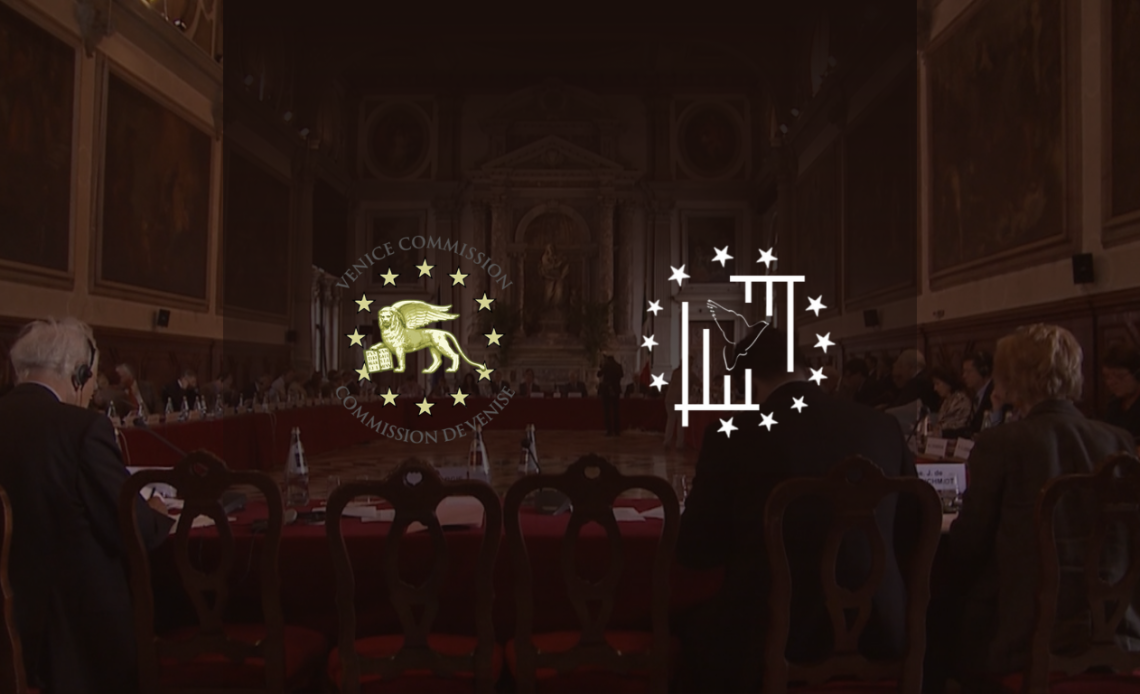Turkey has introduced amendments to Law No. 6087, the Law on the Council of Judges and Prosecutors, which increases state influence over the judiciary, thereby compromising the impartiality of judges and prosecutors.
In our submission, ASSEDEL has detailed the practices within the Turkish judiciary and the evolving relationship between the state and the judiciary.
Turkey, established under a Parliamentary system in its 1924 Constitution, maintained this system for nearly a century. However, following the 2016 coup attempt, dissatisfaction grew from the ruling party over the state’s alleged inability to address critical situations effectively. As a result, a 2017 referendum led to a shift in Turkey’s system, combining presidential and parliamentary elements. The recent amendments to the Law on the Council of Judges and Prosecutors are part of this ongoing transformation.
The Law on the Council of Judges and Prosecutors outlines the establishment, organization, duties, powers, and procedures of the Council, based on the principles of judicial independence and the security of tenure for judges and prosecutors. The Council consists of thirteen members, with the Minister of Justice serving as its President. The Council operates in two chambers and is tasked with appointing, transferring, imposing disciplinary sanctions, and inspecting judges, as specified in Article 4 of the law.
In sum, the new law places the Council of Judges and Prosecutors under strict government control, undermining judicial impartiality and autonomy. The increasing powers of the president, especially after the 2017 referendum, warrant scrutiny by the Venice Commission. The evaluation should focus on these practices rather than just the legal framework.
To read the full submission, please click here.

